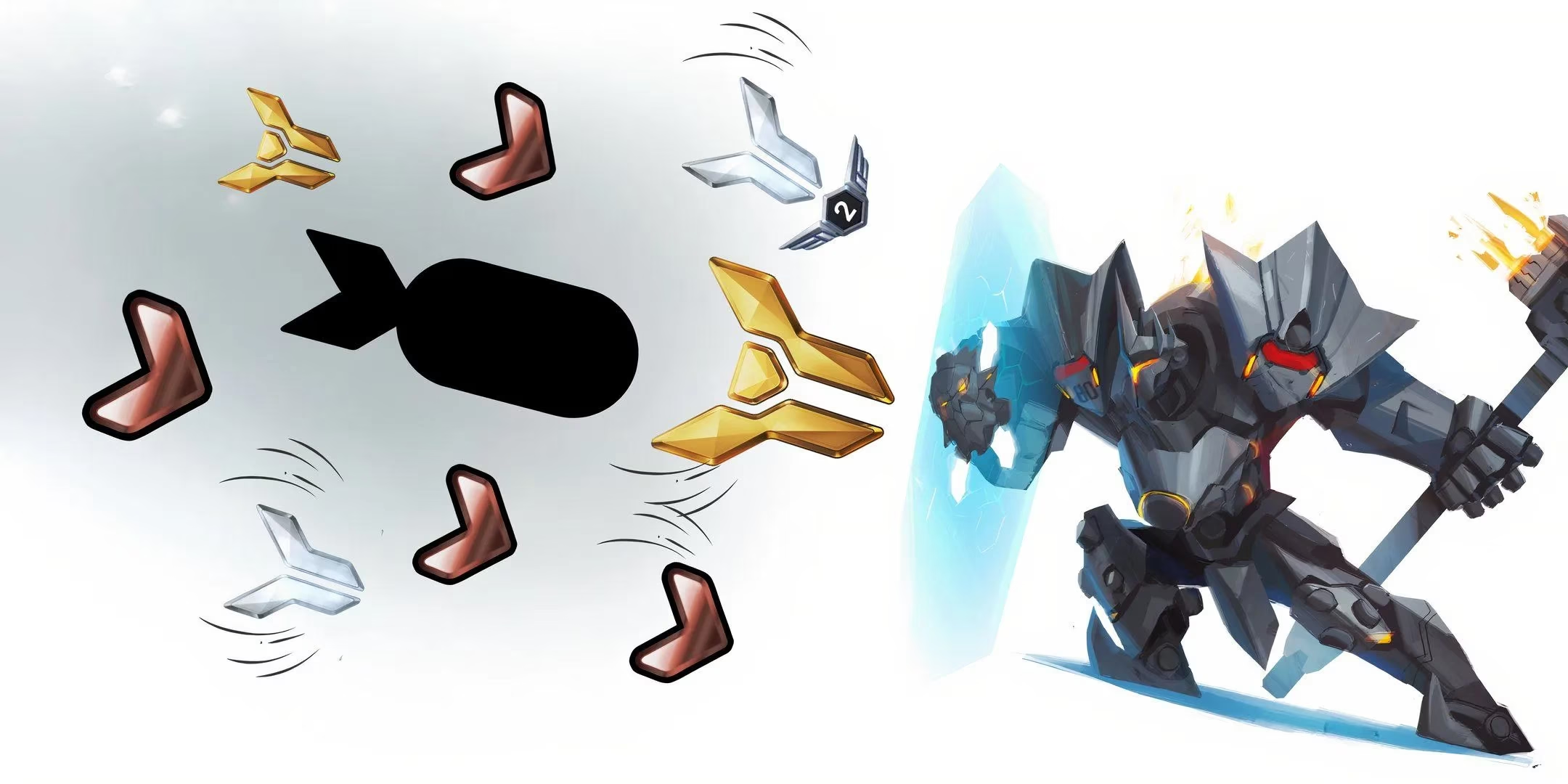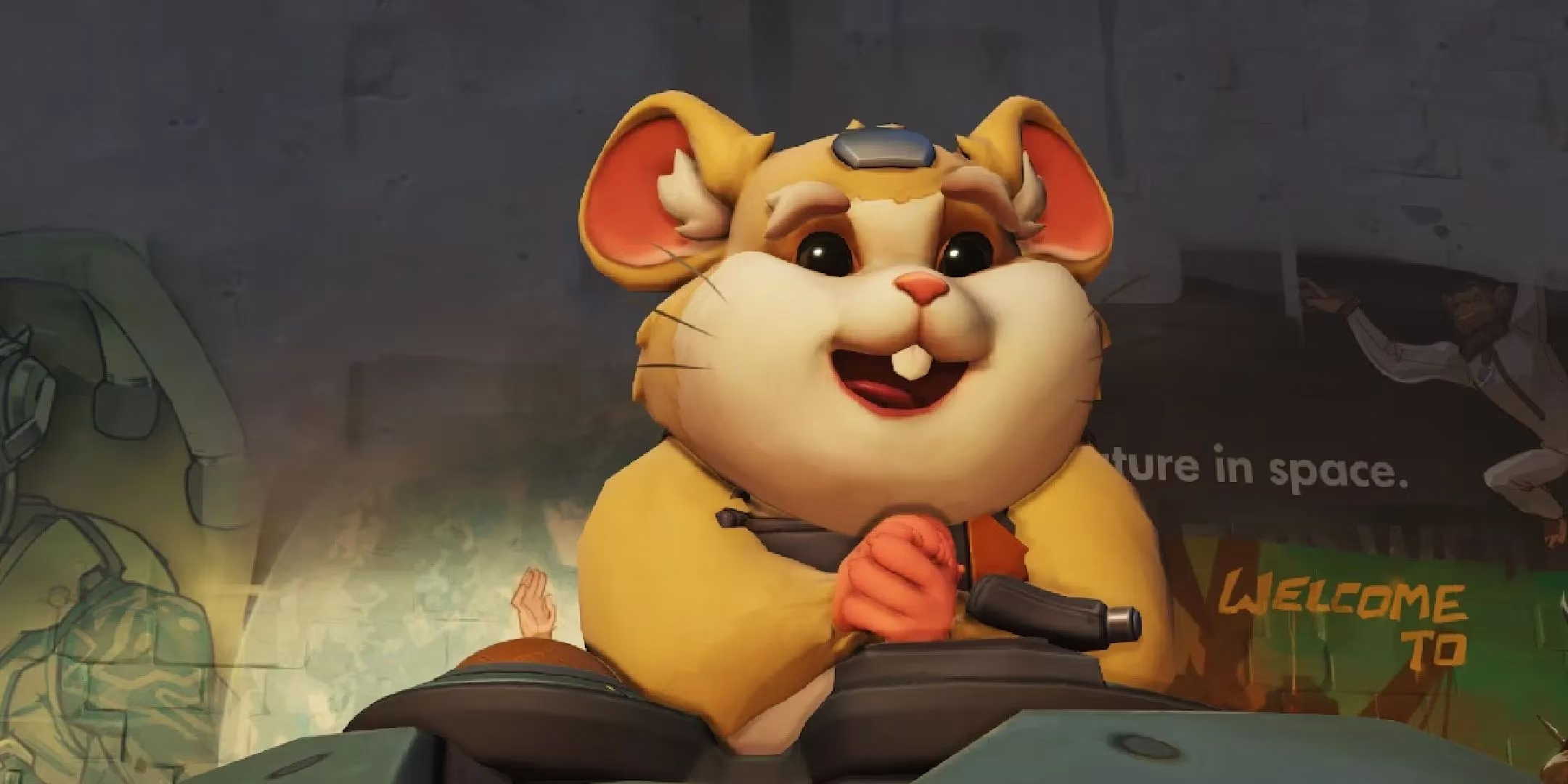It was a typical Tuesday night in 2025, and our hero—let's call him Dave for anonymity's sake—was hunched over his keyboard, fingers poised like a concert pianist ready to strike. Dave had just endured another soul-crushing loss in Overwatch 2's Competitive Mode, and the air in his dimly lit room crackled with the electric fury of a thousand failed headshots. He wasn't just playing a game; he was waging war on pixels, and every teammate who dared to experiment with a new hero felt like a traitor in his digital trenches. The irony? Dave used to love this game back in the casual days, when laughter echoed through voice chats and a 'GG' meant genuine goodwill, not a sarcastic slap. But now, climbing the ranks had become his obsession, and he couldn't help but wonder: had he become the monster he once mocked in online forums? Oh, the humanity—or lack thereof—in chasing virtual glory! 😤

Dave's descent into competitive madness started innocently enough. He'd log in after a grueling 40-hour workweek, his social life reduced to ignoring texts from distant relatives and subsisting on energy drinks. Overwatch 2's Competitive Play wasn't just a mode for him; it was his sacred temple, a place where only the truly dedicated—or so he thought—should tread. Picture it: his four-stack Discord squad, meticulously coordinating map picks and hero bans like generals plotting D-Day. But then, the inevitable fifth wheel would join, some clueless soul who thought Support meant playing Mercy exclusively, even after she was banned. Dave's blood pressure would spike as he watched them flounder, healing output rivaling a dry sponge. He'd rage internally, 'Why are you here, ruining my hard-earned rank? Do I look like your personal gaming tutor?' The absurdity! It's as if some players treat Competitive Mode like a sandbox for self-discovery, forgetting that in Dave's world, it's all about crushing opponents, not holding hands and singing kumbayas. Honestly, who needs that kind of chaos when you're trying to claw your way out of high gold?
Reflecting on those nights, Dave couldn't shake off the sting of hypocrisy. He'd spent years preaching about the social contract of competitive shooters—everyone must pull their weight, adapt to roles, and play to win. But in his quest for validation, he'd morphed into a caricature: the loud, angry player who saw matches only in binary terms of wins and losses. Remember that old adage, 'iron sharpens iron'? Well, Dave took it too literally, turning every match into a forge where only victory mattered. He'd blame anonymous teammates for his stagnant rank, screaming into his headset, 'It's utterly your fault, nameless person!' Yet, deep down, a nagging voice whispered: Is this really what gaming is about? Or has the relentless grind sucked out all the joy, leaving him a hollow shell of his former self? The revelation hit him hard during one particularly disastrous session, where a Support player's ineptitude led to a loss. Instead of empathy, Dave unleashed a torrent of frustration, only to later realize—wait a minute, he used to be that guy, learning the ropes without judgment. Talk about a full-circle moment of cringe! 🤯
This self-awareness brought a wave of nostalgia. Back in the day, Dave reveled in Overwatch's vibrant chaos, where trying new heroes like Hammond wasn't a crime but a thrill. He'd laugh off defeats, savoring the sheer fun of team dynamics. But over a decade, the meaning shifted; climbing ranks became an existential quest, and he began resenting the game he once adored. Isn't it ironic how chasing wins can make you lose sight of why you started playing? Dave's story serves as a cautionary tale: don't fall into the pit of despair where only the end result matters. Games like Overwatch 2 are rich with experiences—strategy, camaraderie, and yes, even failures that teach resilience. After all, what's the point if you're not enjoying the ride? Dave's epiphany didn't magically solve his losses, but it did spark a glimmer of hope. Maybe, just maybe, he could relearn to laugh when things go south.

In the grand scheme, Dave's journey highlights a universal truth in gaming culture: competitive intensity can be a double-edged sword. On one side, it drives skill and teamwork; on the other, it breeds toxicity and burnout. Consider the emotional toll: 😊 vs. 😠
| Aspect | Fun-Focused Play | Competitive Grind |
|---|---|---|
| Mindset | Experimentation, learning | Win at all costs |
| Impact on Enjoyment | High; fosters creativity | Low; leads to frustration |
| Social Dynamics | Positive, inclusive | Often divisive, hostile |
Dave's not alone in this struggle. Many players in 2025 grapple with similar dilemmas, especially in team-based shooters. The pressure to perform can overshadow the simple pleasures—like Hammond's adorable antics or the thrill of a well-executed ult. Yet, Dave's final thought lingers: If he queues up again tonight, will he remember this lesson or revert to his old ways? The answer, much like Overwatch's matchmaking, remains unpredictable. After all, gaming should be a medium of joy, not a battleground for bruised egos. What do you think—can competitive play ever truly balance fun and fury?